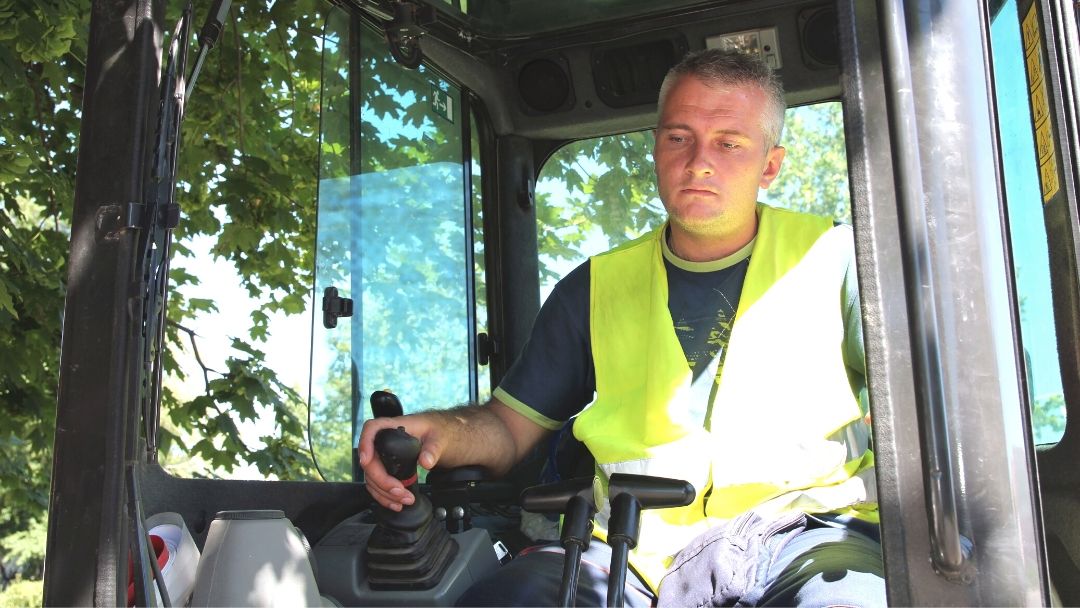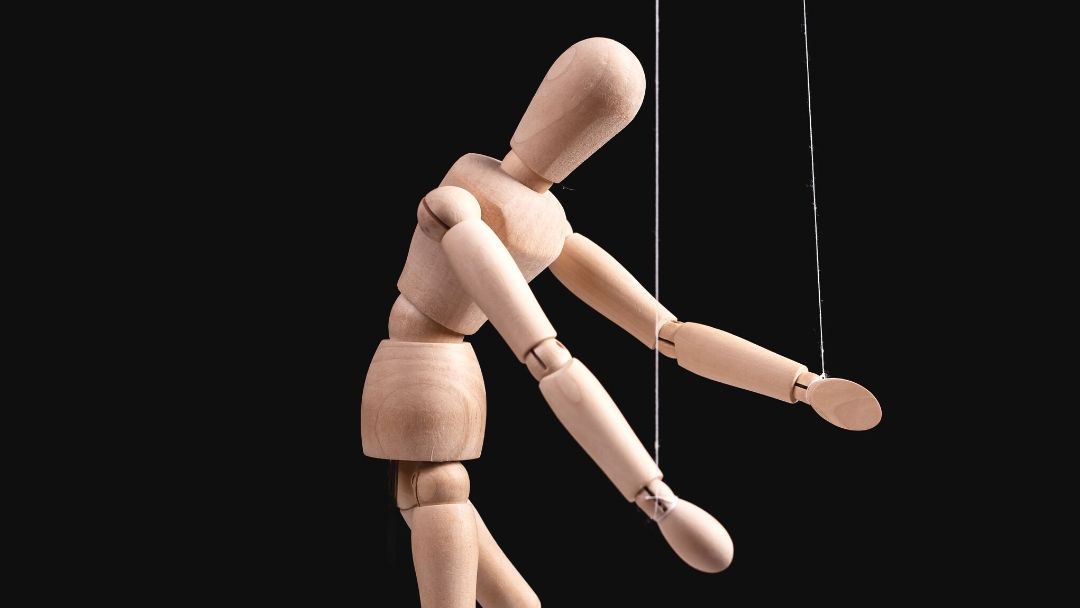While many people use cannabis recreationally without experiencing negative consequences, others may develop a substance use disorder.
Substance use disorders can have serious consequences on your health, relationships, and work performance, especially for workers who operate heavy machinery and need to stay focused and alert on the job site.
Substance use disorders can have serious consequences on your health, relationships, and work performance, especially for workers who operate heavy machinery and need to stay focused and alert on the job site.

If you consume cannabis and are concerned about whether you have a substance use disorder, here are some signs to look out for:
1. You have tried to quit or cut back on your cannabis use but have been unsuccessful. This is a common sign of a substance use disorder and can indicate that you have developed a dependence on the drug.

2. You experience withdrawal symptoms when you stop using cannabis, such as irritability, anxiety, and difficulty sleeping. Withdrawal symptoms can make it difficult to function normally, and can be a sign that your body has become accustomed to the effects of the drug.

3. Your cannabis use has led to negative consequences in your personal or professional life. For example, you may have lost a job or strained relationships due to your drug use.

4. You spend a significant amount of time and money on cannabis, and it has become a priority in your life. This can indicate that your drug use has become compulsive and that you are prioritizing it over other important responsibilities and activities.

5. You continue to use cannabis despite being aware of the negative consequences it has on your life. This can indicate that you are experiencing a loss of control over your drug use, which is a hallmark of addiction.

If you are experiencing any of these signs, it is important to seek help. Substance use disorders are treatable, and there are many resources available to support you in your recovery. Here are some steps you can take to get help:
1. Talk to your doctor or a mental health professional. They can help you assess your cannabis use and provide you with information on treatment options.

2. Seek support from a support group, such as Narcotics Anonymous. These groups provide a safe space for people to share their experiences and receive support from others who are going through similar struggles.

3. Consider enrolling in a treatment program. Treatment programs can provide you with the tools and support you need to overcome your addiction and rebuild your life.

4. Reach out to your employer's Employee Assistance Program (EAP). EAPs provide confidential support and resources for employees who are struggling with personal or work-related issues, including addiction.

If you consume cannabis and are concerned about whether you are addicted, look out for the signs and seek help if needed. With the right support and resources, you can overcome addiction and reclaim your life.
